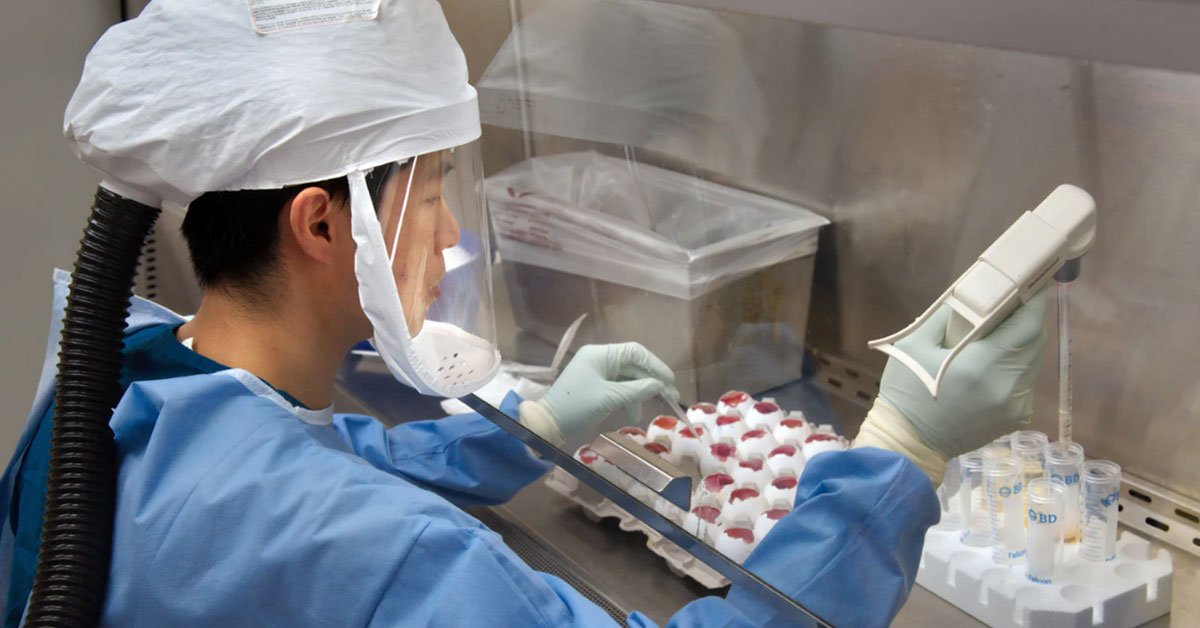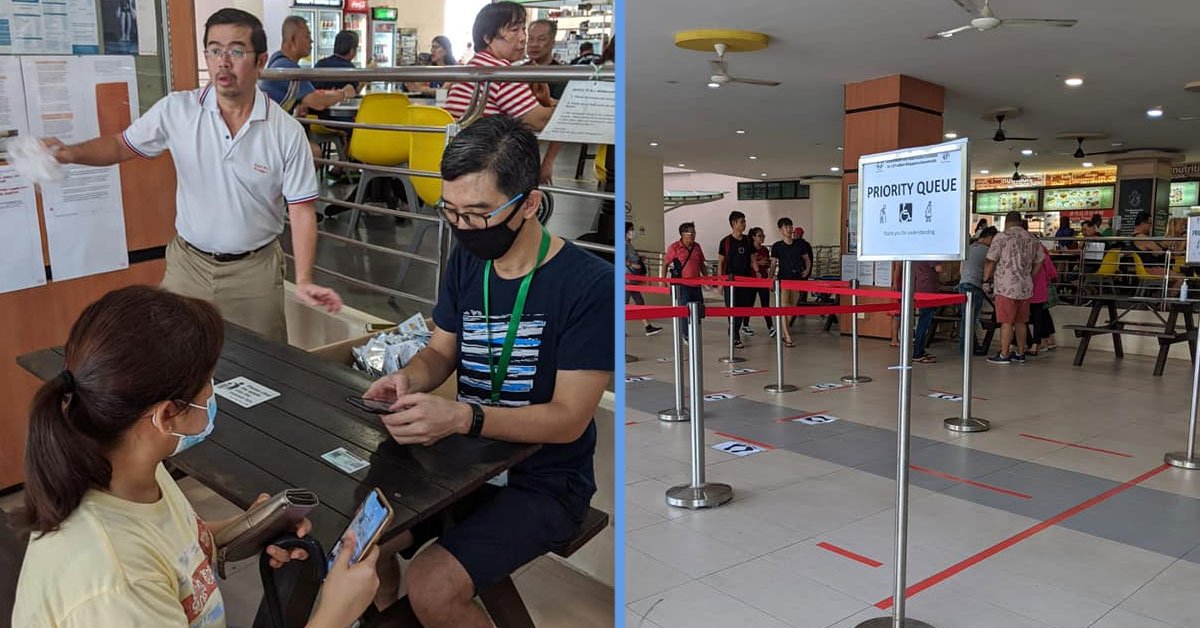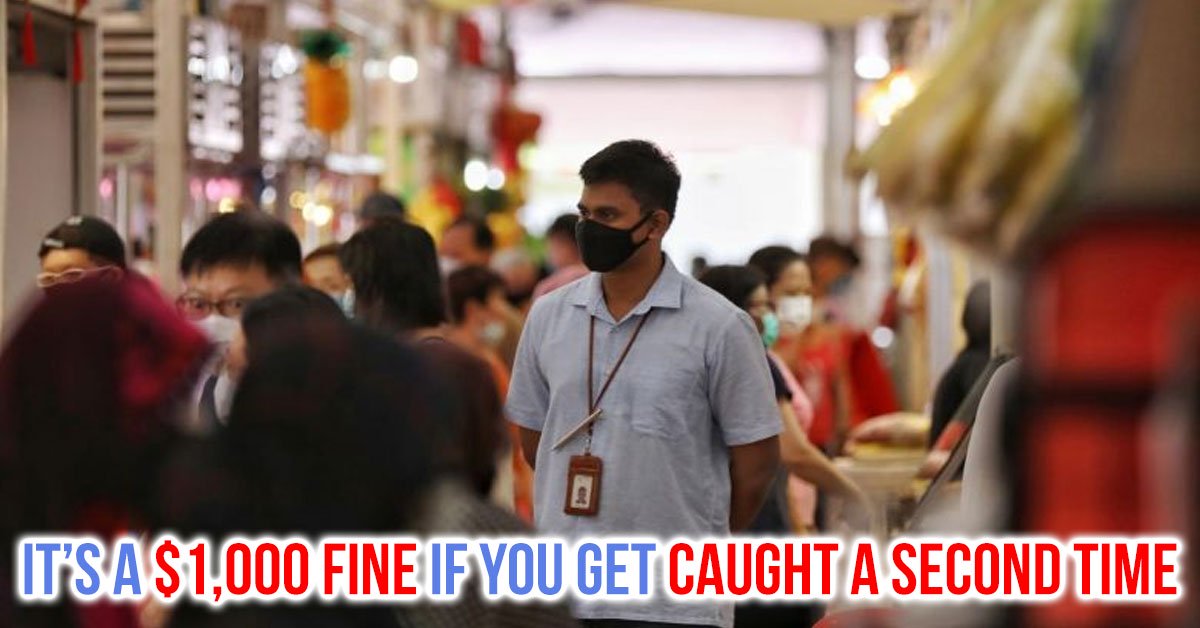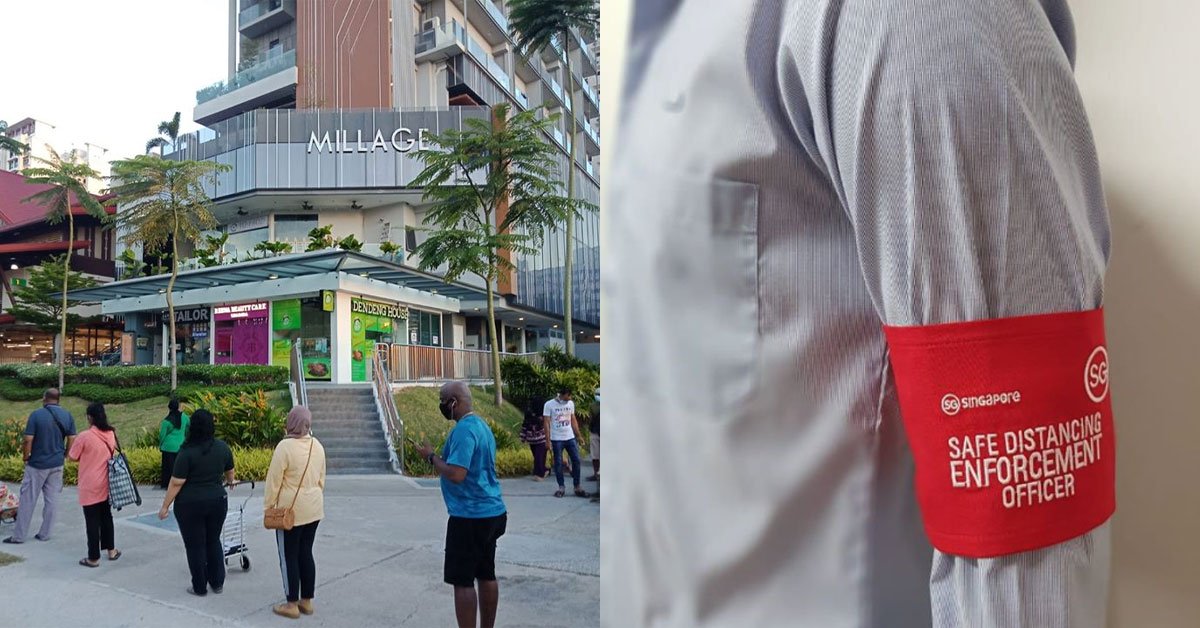This is a rather groundbreaking news.
Why, you ask. The world didn’t turn upside down then reports of people getting re-infected were published in China, Japan and recently in South Korea, right?
Right.
But this could have implications on how the world’s now looking at the antibody tests that everyone’s talking about.
If I’ve lost you, here’s some context.
Undercount of Cases
Just two months ago, we were all pretty convinced that a COVID-19 patient is most probably someone who’s coughing non-stop and couldn’t breathe well.
Fast forward to today and it could be that fit guy who’s running a marathon at home even when he shows no symptoms.
This leads to a question: could many of us have been infected without us knowing? Heck, we might have got infected two months ago and have since been cleared of the virus since last month.

Even when we’re cleared of the virus, a test known as a serology test, or simply an antibody test, can determine if we once had the disease. You see, the moment that nasty bug got into our body, our body would create an antibody to destroy the virus, and that antibody would stay in our body so that if the virus ever comes back, our body can kill it fast.
Ah, the marvel of nature.
Getting the body to create the antibody takes time—up to two weeks. But once the body has created it, it’ll work fastly, whereby the virus technically can’t infect you at all.
In fact, it’s those antibodies that made us feel well now, because billions of viruses exist on our planet, and our body is constantly using these antibodies to kill off those viruses that are trying to create a family in our body.
And so.
New York then did a mass antibody test for the coronavirus so that they’ll agak agak know how many undetected cases, especially those who could’ve been infected earlier and recovered without anyone knowing.
Turns out 1 in 5 New Yorkers could have been infected before.

Everyone’s using the word “could” because firstly, the sample size is too small (3,000), and the tests might not be accurate.
But throughout the world, antibody tests have shown that there’s been an undercount.
A study from Stanford University found that the virus could be undercounted by up to 85 times after they did mass antibody tests.
That means instead of 3.3 million confirmed cases we have now, we could have up to 280.5 million cases now. And that would lower the fatality rate in the US from 4.1% to a low 0.12%.
And even right here in Singapore, a study showed that half of the positive cases who were infected by COVID-19 patients in the same household were only detected through antibody tests after they’ve recovered.
People are, however, still not convinced that we’ve reached herd immunity by accident since we’d need at least 60% of the world’s population to achieve that, but this could mean that a rather healthy number of people have been infected.
Soon, people suggested something known as “immunity passport”—that means if you’re immune, you’re free to go anywhere you want.
Now, forgoing any discussion about ethics, it’s this immunity that people are looking at: if it’s true that someone who’s infected could be immune to it, just like any virus out there, it’ll have a lot of potential.
That prompts the WHO to take a very careful approach and they issue a warning: so far, there’s no evidence that shows a person who’s infected before wouldn’t get infected again.
And their exact line in their report: “People who assume that they are immune to a second infection because they have received a positive test result may ignore public health advice.”
So yes, with this new claim, there’s a chance that we’re going to see another U-turn from WHO.
South Koreans Who Got ‘Re-infected’ Could Just Have Traces of ‘Dead Virus’
Back in February 2020, when reports of people in China getting “re-infected” surfaced, the explanation given was that the patients might not have fully recovered before being discharged.
Advertisements
Then South Korea came out with a shocking revelation earlier last month (my friend, today is May liao): a staggering 163 patients who had recovered were tested positive again.
Follow us on Telegram for more informative & easy-to-read articles, or download the Goody Feed app for articles you can’t find on Facebook!
Back then, several possibilities were floated: the virus could’ve stayed dormant and reactivate, or that there is no immunity built for the virus.
The latter explanation, of course, is worrying, since it meant herd immunity is practically useless, and herd immunity is eventually how we’d get out of his pandemic, whether through a nature flow of the virus or vaccination.
But now, there might finally be an explanation.
South Korea infectious-disease experts said that the coronavirus they picked up form recovered patients could be “dead virus fragments” and they were not active. The tests that show a positive had detected the ribonucleic acid of the dead virus instead of an active one.
Advertisements
Simply put, they’re the corpses of the virus lah.
A professor of medicine and the head of Seoul National University Hospital’s division of infectious diseases said that the group studying this “re-infection” had little reason to believe that it was due to re-infection or reactivation of the virus.
Simply put, this could’ve been a case of a mass false positive.
So where does that lead us?
It means we’re one step closer to knowing if a person would get re-infected again or not—something that could determine how the authorities react to the pandemic.
We learn something new every day, don’t we?
Wake me up on 1 June 2020 and for all you know, we might suddenly realise that the coronavirus can be transmitted via Instagram DMs instead. Who knows.
In the meantime, don’t anyhowly guess and instead, read about the latest updates by bookmarking MOH’s website here and registering for the Gov.sg’s WhatsApp service here.
Advertisements
Or if you’re young, you can join Gov.sg’s Telegram channel and do remember to join the Goody Feed Telegram channel, too.
Also, do subscribe to our YouTube channel whereby we’d update you daily on what’s happening in Singapore – including, of course, about the nasty bug that’s been disrupting all our lives:



